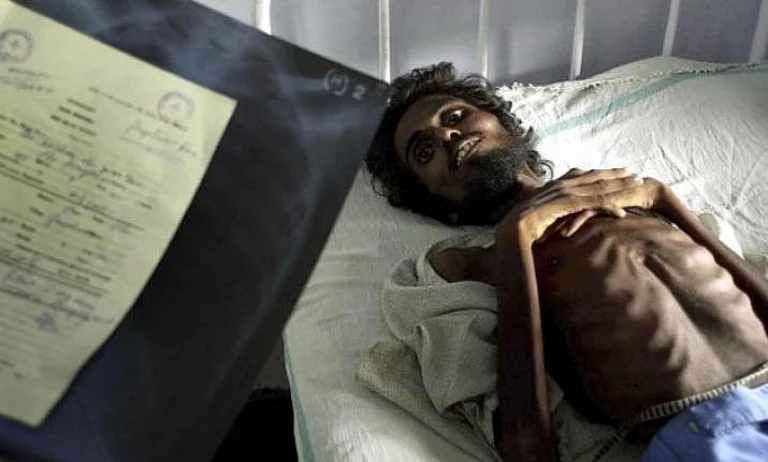Over 200,000 pregnant and postpartum women worldwide develop tuberculosis (TB) each year, yet they remain largely excluded from crucial TB research and clinical trials, the World Health Organization (WHO) has revealed.
In a landmark call to action, now the WHO has urged the global health community to end this routine exclusion and ensure equitable access to TB innovations for all, including the most vulnerable — pregnant and lactating women.
According to WHO estimates, TB in pregnancy poses significant risks.
It noted that pregnant and postpartum women face a higher risk of TB infection compared to non-pregnant women of reproductive age. This increased vulnerability leads to more complications while TB during pregnancy is associated with higher rates of maternal morbidity, including worsening of TB symptoms and pregnancy-related complications such as preterm labor and miscarriage.
Similarly, infants born to mothers with TB face elevated risks of neonatal illness, low birth weight, and increased mortality. Despite these dangers, pregnant women have historically been left out of clinical trials, creating dangerous gaps in medical knowledge and delaying access to life-saving treatments and vaccines.
Dr. Tereza Kasaeva, Director of WHO’s Department for HIV, TB, Hepatitis, and STIs, stressed the urgency of this initiative: “The benefits of TB research must flow to all people with TB, including pregnant and lactating women. It is time to prioritise their inclusion — not as an afterthought, but as a fundamental step toward equitable, evidence-based care.”
The WHO’s new comprehensive framework calls for improved surveillance and data reporting on TB during pregnancy and postpartum. It also urges the initiation of timely preclinical studies on the safety and efficacy of novel TB drugs and vaccines for pregnant women, alongside their inclusion in all stages of TB drug trials and vaccine research.
To facilitate this, WHO has emphasized the need to address legal, ethical, and regulatory barriers, and to empower affected communities to ensure research is conducted in an inclusive, respectful, and responsive manner.
The consensus statement emerges from a global process involving over 80 experts spanning preclinical research, therapeutics, vaccine trials, maternal TB surveillance, and advocacy. It lays out a roadmap for product developers, researchers, regulators, government programs, funders, and civil society to act decisively and include pregnant and lactating women in TB research efforts.
Tuberculosis (TB) is caused by a bacterium (or germ) called Mycobacterium tuberculosis. The infectious disease usually affects the lungs but it can also affect other parts of the body, such as the brain, the kidneys, or the spine. TB can also affect multiple parts of the body at the same time. For example, TB can affect both the lungs and lymph nodes.























